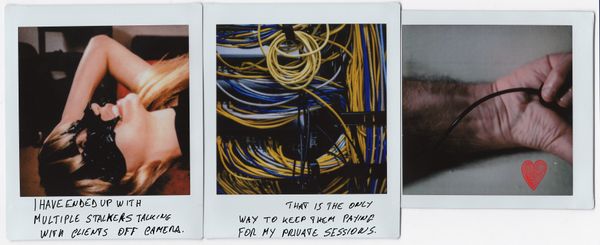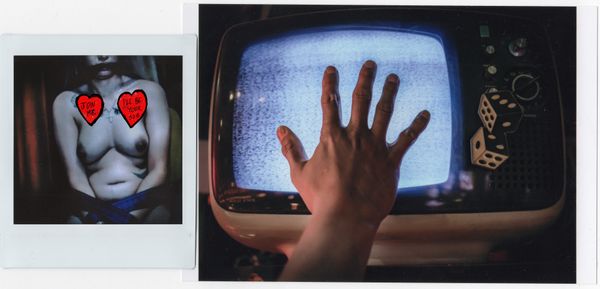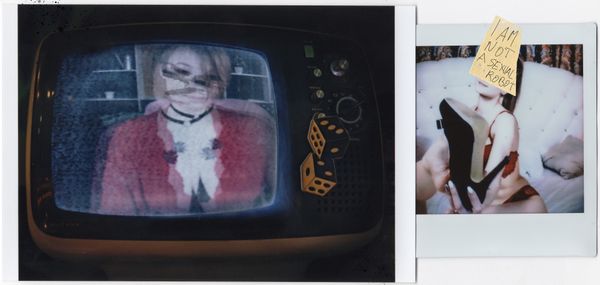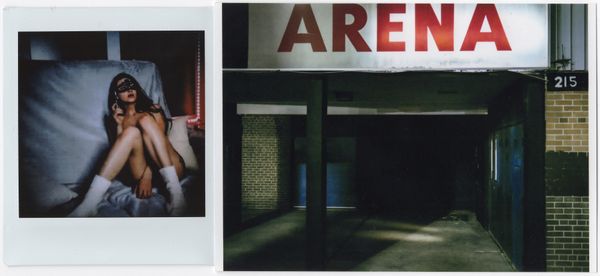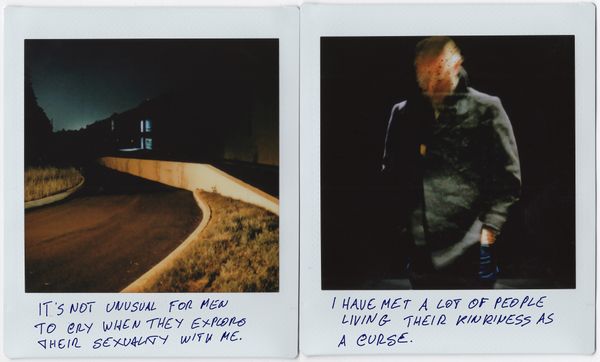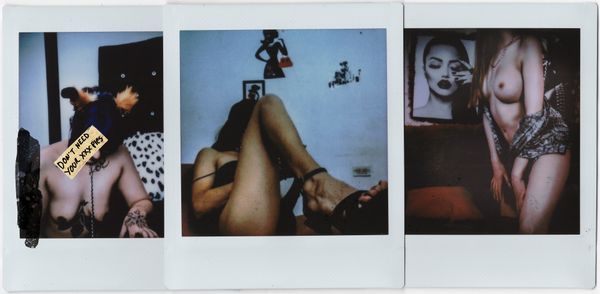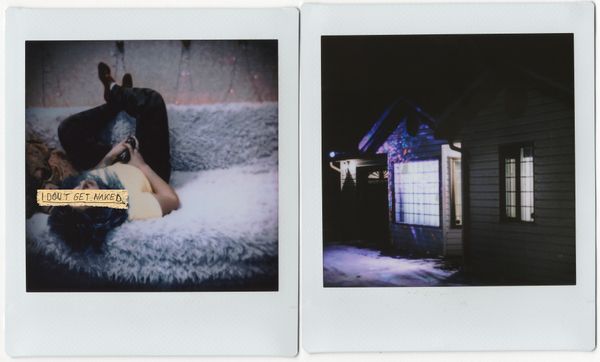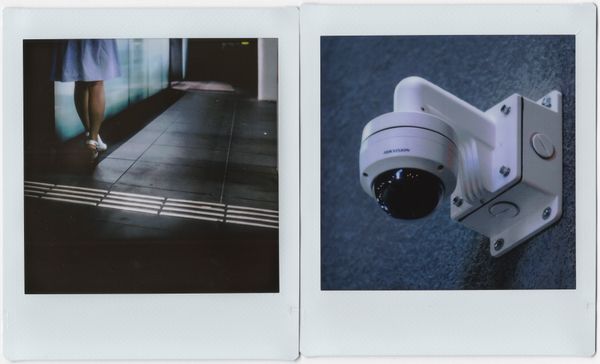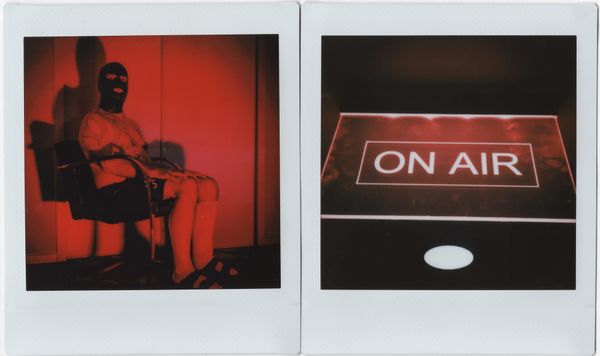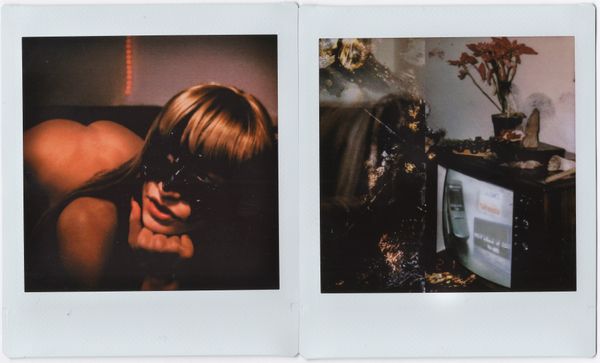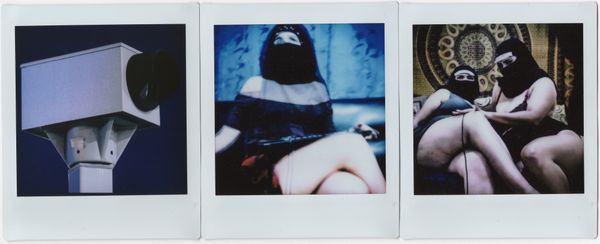Daphne? Insert Tokens
-
Dates2020 - Ongoing
-
Author
"Daphne? Insert Tokens" is a visual research in the phenomenon of digital sex work, and a window into a glimpse of this stigmatized and fragmented corporeality.
As Daphne smiled on camera, the typing on the keyboard became frantic. The brief message was blunt: “I am not your girlfriend, please follow the rules.”
This is the most common line I came across in the world of digital sex work – no matter gender or sexual orientation. "Daphne" is a non binary avatar for captions that I created to protect the identity of the cam models I photographed the past two years and to give this subterranean reality a voice.
“Daphne? Insert tokens.” is the full title of this visual investigation, which was conducted, mostly attending complimentary shows, that digital sex workers offer to increase their paying viewership.
For nearly 24 months I jotted down interactions, broken interviews, and shot identity-less images of “cammmers,” all through my laptop screen. Eventually, I printed the images in an Instax square format and collaged them together or along with other printed metaphorical frames I created - to hint at themes such as body commodification, empowerment, stigma, technology and "market competition." Ideally, the square format represents both the users’ screens and grids from which the performers get chosen, and a window into a glimpse of this stigmatized and fragmented corporeality. A few handwritten notes on the photographs, alternatively, record some of the echoes from that virtual world.
After the pandemic isolation, which topped the widespread social alienation frequently caused by an addiction to our devices, the numbers and revenue of several digital sex work enterprises spiked – raising questions about the performers’ working conditions and psyche.
Several "cammers" celebrate this new course of body commodification as a form of empowerment. Current Feminist theories tend to slam it as blatant exploitation. Frankly, digital sex work capitalizes the notion of content creation and its flow, through a supersized communication technology, suitable to cash-in on desire, form, and attention, almost in a safer way than traditional sex work.
What is left, in many cases, is the ideal of easy money, hard to come by in regular jobs, and a two-way psychological dependency on these platforms, often affecting those more vulnerable among users and performers.
“Nothing of what you see here exists in real life. I am just an image on a computer screen,” Daphne says.
